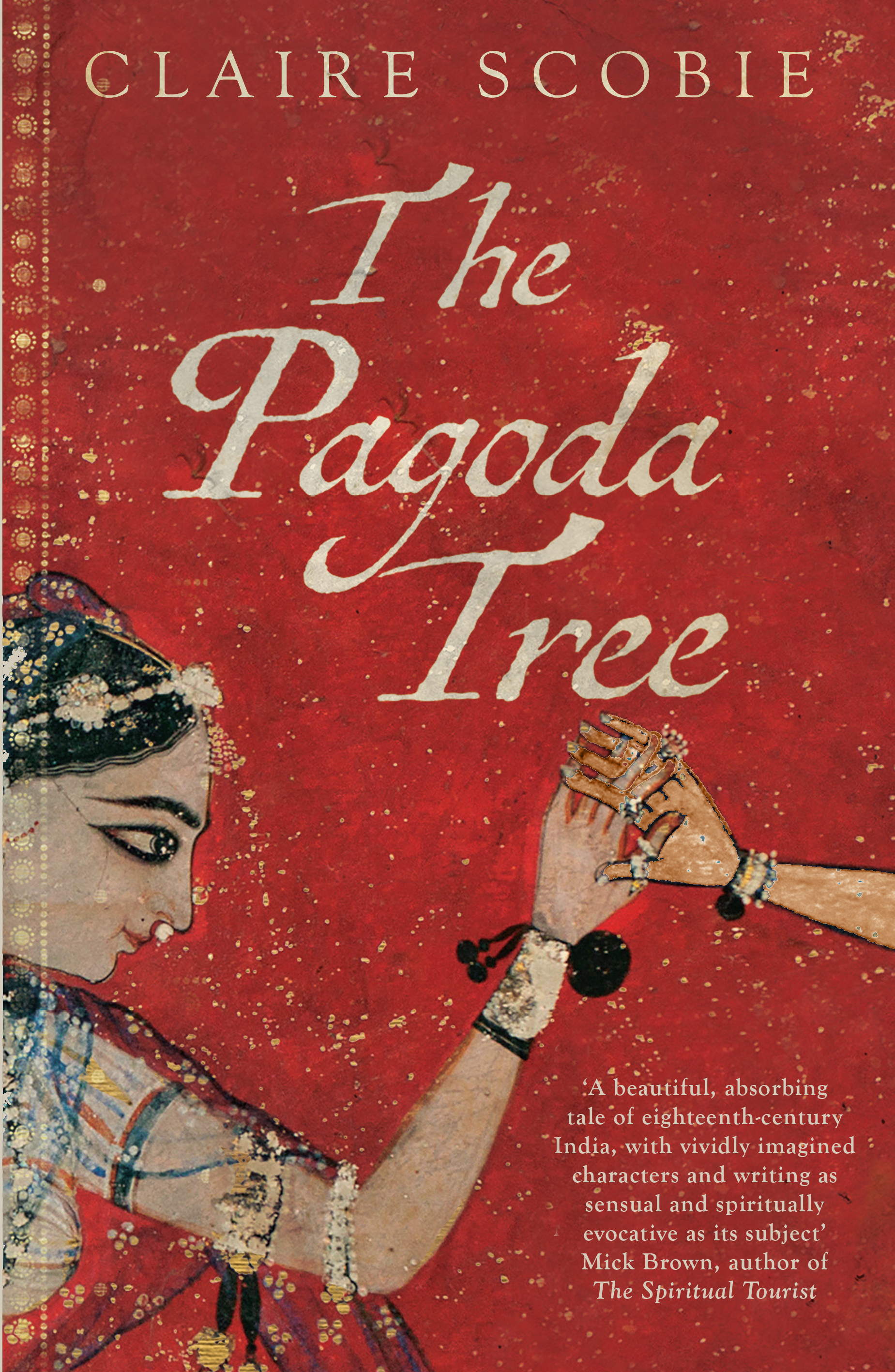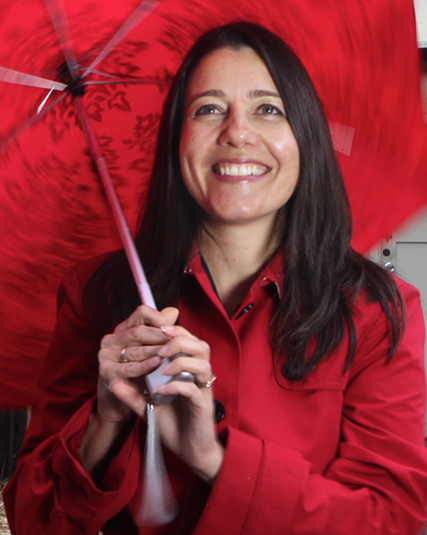The Pagoda Tree
by Claire Scobie (m. 1991)

Claire writes: 'You get to do all sorts of interesting things when you’re researching a book. For my first one, Last Seen in Lhasa, I went to Tibet in search of a rare red lily. For my novel, The Pagoda Tree, I met a prince, rode on an elephant and travelled across India in search of the perfect crumbling palace.
As a writer the trope of journeys and cultural crossovers has always fascinated me. It is through leaving our origins and seeing ourselves reflected back in the faces of strangers that we can learn who we are, a theme I also explored in my Doctorate of Creative Arts at Western Sydney University. A theme, that was, looking back now, seeded during my Christ’s history degree.
I am no botanist, but three years after graduating, in 1994, I joined an expedition of plant-hunters who were following in the footsteps of Frank Kingdon-Ward. Our trip took us to southeast Tibet and the mysterious hidden valleys that rear up from the Tsangpo Gorge. Before going I interviewed Kingdon-Ward’s widow and read his seminal work, In the Land of the Blue Poppies, but obviously didn’t do my research properly because it wasn’t until reading the Lent Term edition of Christ’s Pieces that I learned Kingdon-Ward read Natural Sciences at Christ’s. A clutch of his personal diaries, some with pressed flowers, is still held in the College library. One dried specimen that won’t be found in the collection is Lilium paradoxum, a rare red lily that Kingdon-Ward identified but never discovered. Joining the trip in search of the flower (seen here) not only introduced me to the obsessive world of plant-hunters but also to the little known lives of Tibetan wandering nuns.
In 2007 Last Seen in Lhasa was awarded the Dolman Best Travel Book Award. Ten years on, it’s hard to believe my memoir is now celebrating its 10th anniversary. I still get emails from readers who ask about the other main character in the book: Ani, the Tibetan nun. When I announced the book’s 10th birthday on my author Facebook page, I received an outpouring of comments because Ani, who has never been outside of Tibet, has fans around the world. I was incredibly touched to know her story still moves readers. They still think of her and send her love.
The intangible rewards of writing a book are often more sustaining than the tangible. Most of us do it not to make a quid, but to make a difference. A book can open doors and give you a platform, and as I’ve discovered recently, it can create a community.
I spent four years writing and researching my second book and first novel, The Pagoda Tree, an epic tale set in 18th Century India about love, loss and exile, and what happens when two cultures collide. It was published by Penguin in Australia, where I am now based, and thanks to British publisher and funding platform, Unbound, it has been published in the UK in 2017.
And as for my next book. Well, it’s not too far off. It’s another novel that represents a confluence of several ideas and themes – discovery, exploration, botany and eighteenth-century travel. I’m very coy about what I’m writing until I’ve finished. Still, I can reveal it’s based on a true story of a creative couple who symbolise the Age of Enlightenment where science, wonder and Romanticism meet.
I reckon the best thing you can do for yourself as a writer is book some time away for immersion in your project. I recently spent two weeks on a writing fellowship at Varuna, the Writer’s House, in the Blue Mountains outside of Sydney. I knew I’d arrived at a serious writing retreat when I saw this sign. ‘Ssssssh Quiet Zone Writers At Work’. At Varuna there is only one ‘golden rule’ — that every writer can write without fear of being disturbed. So ssssshhhhh, I’m trying to write…'
You can follow Claire on her Facebook page, or on twitter
@clairescobie.

Claire Scobie